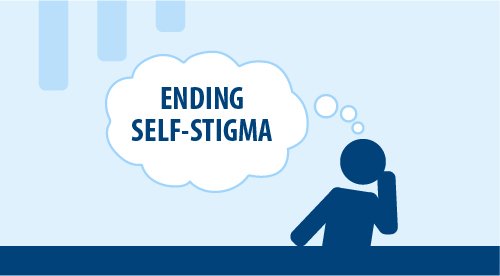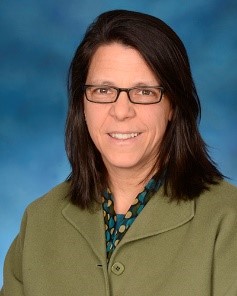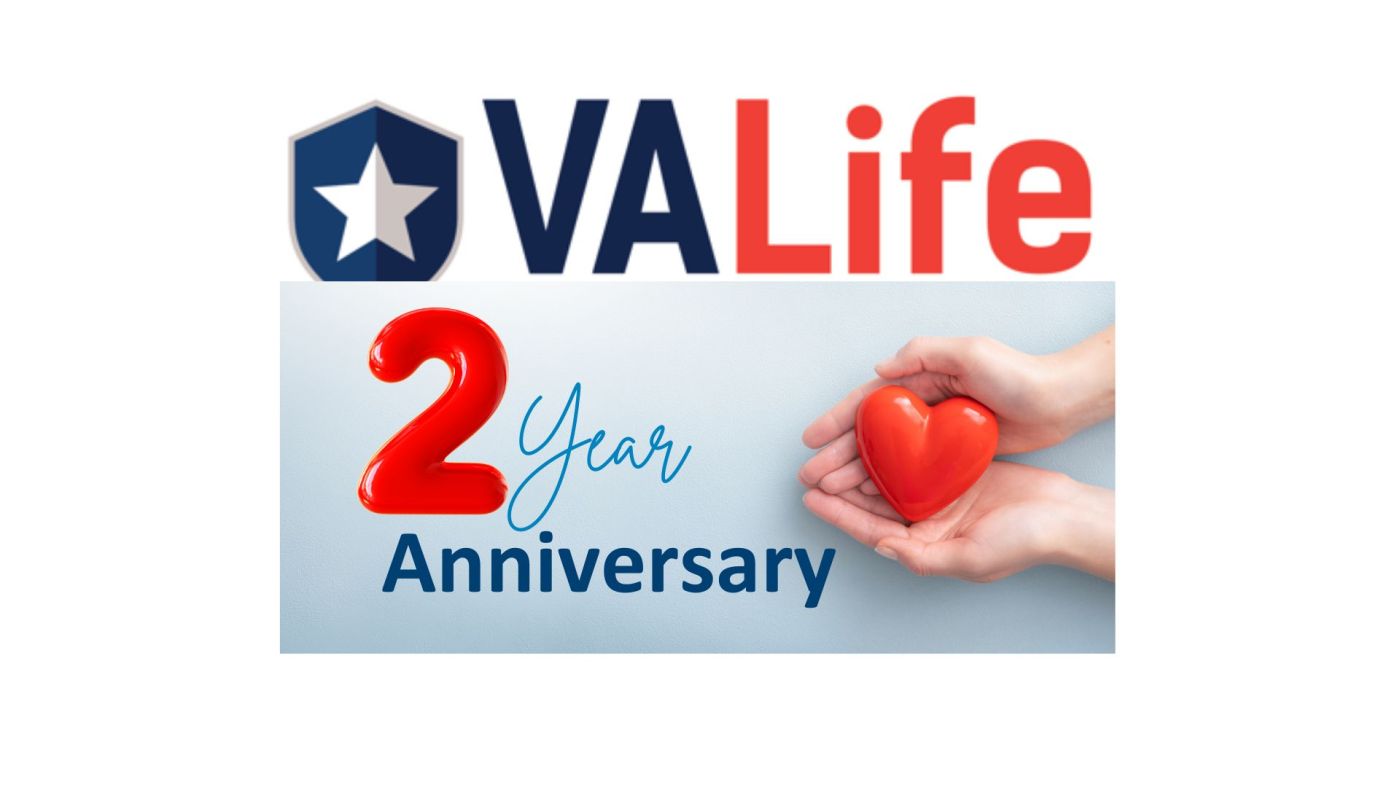“Brush it off and move on.”
“You’re stronger than that.”
“Don’t let others see your weaknesses.”
“You can feel however you feel. Just don’t show it.”
Military culture often focuses on the needs of the larger group over the individual. That culture can encourage service members to push forward even when they are suffering. When these cultural norms persist after a service member transitions from the military, they can be detrimental — and in some cases extremely harmful — to a Veteran’s mental health and wellness.
Add to this cultural pressure the stigma that many Veterans already associate with mental health conditions, and it becomes quickly apparent why seeking help can be extremely challenging for many of the Veterans who need it most.
The two most common types of stigma stem from external stereotypes and internal perceptions. Societal stigma involves prejudice and discrimination directed at a specific group by the larger population. For example, society often stigmatizes those with specific mental health conditions, such as depression and PTSD. Self-stigma occurs when people come to believe that negative stereotypes are true for themselves because they have a stigmatized condition.
When Veterans associate their mental health challenges with weakness, failure, or other negative and false stereotypes, this self-stigma can be a debilitating barrier to self-esteem and help-seeking. That’s why mental health staff members at VA are focusing on helping Veterans avoid and address self-stigma as an integral part of the mental health treatment process.
Addressing self-stigma among Veterans
More than 100 programs across the U.S. and abroad are offering ESS, many within the VA health care system. To learn more about the course, explore the ESS manual.
Researchers at the VISN 5 MIRECC developed the Ending Self Stigma program, or ESS. This program helps people with mental health conditions mitigate the effects of both societal stigma and self-stigma through personalized strategies that embody cognitive behavioral therapy, recovery principles, and other coping techniques. The ESS program consists of nine sessions and is offered in groups of 6-8 Veterans led by 1-2 facilitators. Each session incorporates cognitive and skill-building techniques, strategy practice, and interactive discussions. Participants share their experiences, personalize the strategies, and learn from one another.
Lessons learned about reducing self-stigma
In developing the ESS program, and through research on its effectiveness and overall impact, the VISN 5 team has found the following tactics effective for Veterans dealing with self-stigma:
“[Stigma] bothers me sometimes, but I’m getting better at [overcoming] it. I’m realizing that I still have to take care of myself, and I still have to consider myself as someone, even though I might have some problems.” — ESS participant
- Remind yourself consciously and repeatedly that stigmatizing messages and assumptions are not true.
- Grow positive aspects of your self-concept by identifying your values, strengths, and roles.
- Lessen your exposure to stigmatizing messages and experiences to reduce the risk of internalizing them.
- Delegitimize stigmatizing messages as untrue, ignorant, and harmful.
Get involved
The Ending Self Stigma manual provides a wealth of information, including the full curriculum and accompanying tips and worksheets. Ask your mental health point of contact if ESS is available at your location. VA staff members can download the free manual to start offering it at any VA facility.
The ESS team has created additional resources for specific audiences:
- ESS for PTSD, a program for Veterans, has been tailored to address specific elements of stigma related to trauma and PTSD. To learn more visit https://www.mirecc.va.gov/visn5/ and scroll to the bottom of this front page to find information on ESS and other stigma resources.
- Fighting Internalized Stigma’s Impact on Families and Consumers, a workshop for family members of Veterans with serious mental illness. This workshop offers information and strategies for addressing mental health stigma. To learn more, visit https://www.mirecc.va.gov/visn5/ and scroll to the bottom of this front page to find information on ESS and other stigma resources.
- EASE-ing Self-Stigma is a workshop to help mental health staff members serve as anti-stigma allies. Full directions and materials for conducting the workshop at your location are available online at www.mirecc.va.gov/visn5, along with a link to a recorded webinar in TMS. To learn more, visit https://www.mirecc.va.gov/visn5/ and scroll to the bottom of this front page to find information on ESS and other stigma resources.
To watch videos about how Veterans and their loved ones have created healthy environments to overcome self-stigma, visit MakeTheConnection.net.
About the VISN 5 MIRECC
The VISN 5 MIRECC mission is to support and enhance the recovery and community functioning of Veterans with serious mental illness. Its integrated programs of research, education, and clinical training and consultation focus on the development, evaluation, and implementation of recovery-oriented, evidence-based treatments and services for Veterans. VISN 5’s practice areas currently include health and wellness, family-oriented services, stigma reduction, psychopharmacology and neurobiological bases of serious mental illness, treatment and community engagement. For more information about the VISN 5 MIRECC, visit www.mirecc.va.gov/visn5/index.asp.
Author Bios
Dr. Amy Drapalski is a clinical research psychologist and Associate Director of the Clinical Core at the VISN 5 MIRECC. She earned her doctorate from George Mason University and completed a postdoctoral fellowship at the VISN 5 MIRECC. Her work focuses on developing and testing consumer-centered strategies and tools to improve the quality of care of individuals with mental illness and their families and addressing barriers to mental health recovery, including internalized stigma.
Dr. Alicia Lucksted is a clinical-community research psychologist and research investigator at the VISN 5 MIRECC. She earned her doctorate from the University of Maryland. She completed a postdoctoral fellowship in mental health services research at the University of Pennsylvania. Her work focuses on mental health recovery and mental health services research among Veterans and other adults, with an emphasis on reducing the burden of societal and internalized stigma on individuals with mental health concerns.
Topics in this story
More Stories
June 6, 2024 was the 80th anniversary of the D-Day landings that turned the tide of World War II. It was commemorated on France's Normandy coast during the first two weeks of June 2024 with events remembering, celebrating and honoring the thousands of American and Allied service members whose enormous sacrifices liberated Europe.
The 80th anniversary of the beginning of World War II's Battle of the Bulge was commemorated at the World War II Memorial in Washington, D.C. on Monday, Dec. 16, 2024.
VA’s newest life insurance program, Veterans Affairs Life Insurance (VALife), has been open for two years and now provides full coverage to its policyholders who enrolled in January 2023.









It’s a shame this information isn’t available for any Vet to access. Making it more accessible may impact someone who didn’t realize they were struggling with this.
It would help veterans immensely if there were a link so any veteran and/or family member could download the Ending Self Stigma Manual.
nice knowing about this really.. it helps me in everyway
Baltimore VA Medical Center and Annex are dead set on lying on veterans and are willing to do anything to cover it up. Leah Rock Lyons along with Dr. Peer, Gibson, Dr. Newberry, Erving shredded paperwork out of veterans files and then called the police claiming that veterans were acting up and called the police on them even though they were class and meetings. Leah Rock is known for assaulting veterans of color and the VA knows that she has problems dealing with people and keep moving her around the VA and she was told to have no contact with veterans and she still goes after them. Leah Rock and the others need medical help for picking on veterans and forcing medication on them. There’s major cover up.
nice knowing about this really.. it helps
Their answer is to give my Veteran meds that landed him with a police escort for a cold Turkey dry out. Your doctors are killing 9ur Veterans with
How do I overcome others stigma of me? At church there is a church member/security guard who trails after me.
The VA in Albuquerque has on Staff a Fake psychologist who lied about her Credentials. It was reported in the Albuquerque Journal, yet is still being paid as a Doctor.
There is a Phony “Doctor” employed at the Albuquerque VA Hospital who was found to have lied on her Medical Credentials. She falsely claimed to have Phd. from an Accredited University which was actually a un-Accredited University. She’s being paid as a Doctor from the VA Hospital even though the facts were reported fully in the Albuquerque Journal. She is a liar and shown to be one, yet this VA ignores it.
Rather than making it only available to VA staff, why not make it accessible for ANY veteran to download and read.
The Ending Self Stigma (ESS) Resources & Manual are publicly available at https://www.mirecc.va.gov/visn5/training/ess/ESS.asp
Their answer is to give my Veteran meds that landed him with a police escort for a cold Turkey dry out. Your doctors are killing 9ur Veterans with your unqualified Dr Magoon in Chattanooga Tennessee caused my husband so many mental problems . One because she has no credentials to be a mental doctor!
nice knowing about this really.. it helps